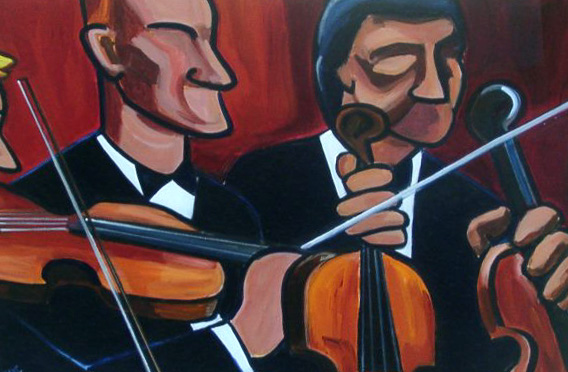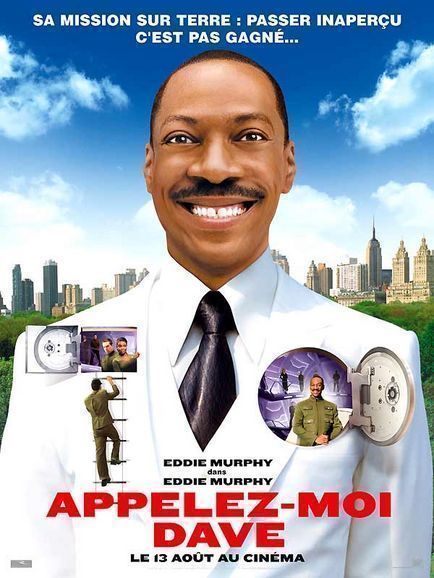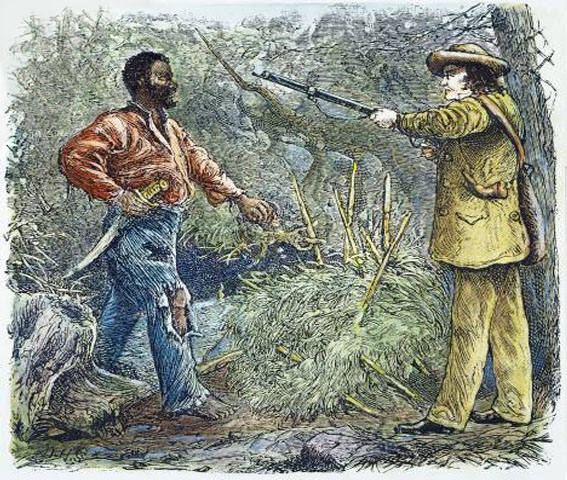The school year is about to end and reading Aglaura from Cities and Names 1 was quite an experience . It took me back at beginning of the year.The Idea of Utopias and a perfect world.
In Aglaura what is weird is normal and what is normal is weird. Aglaura is basically a Utopia. Were everything is perfect and everything is normal. This is why it is so hard to explain. In Aglaura as Marco Polo himself says it “There is little I can tell you about Aglaura”. The reason why is because Aglaura is full of very different things.
“So if I wished to describe Aglaura to you, sticking to what I personally saw and experienced, I should have to tell you that it is a colourless city, without character, planted there at random. But this would not be true, either: at certain hours, in certain places along the street, you see opening before you the hint of something unmistakable, rare,perhaps magnificent; you would like to say what it is, but every thing previously said of Aglaura imprisons your words and obliges you to repeat rather than say.”This Is Marco Polo trying to describe Aglaura. The reason why, the description of Aglaura is so open to many interpretations of what Aglaura might be like, Is because,what a perfect world or normal world might be like to some, will of course be different to what it will be like to others.Marco Polo ends up his description by saying “in the lack of words to fix it, has been lost.” This means that since there is no exact way to describe a perfect world the definition of a perfect world has been lost.
Aglaura reminded me of all we had done in class designing our own Utopias our flags, the discussions . But what it most reminded me of was watching The Twilight Zone episode called The Eye of the Beholder. Which showed the same idea as Aglaura were weird is normal and normal is weird.



















